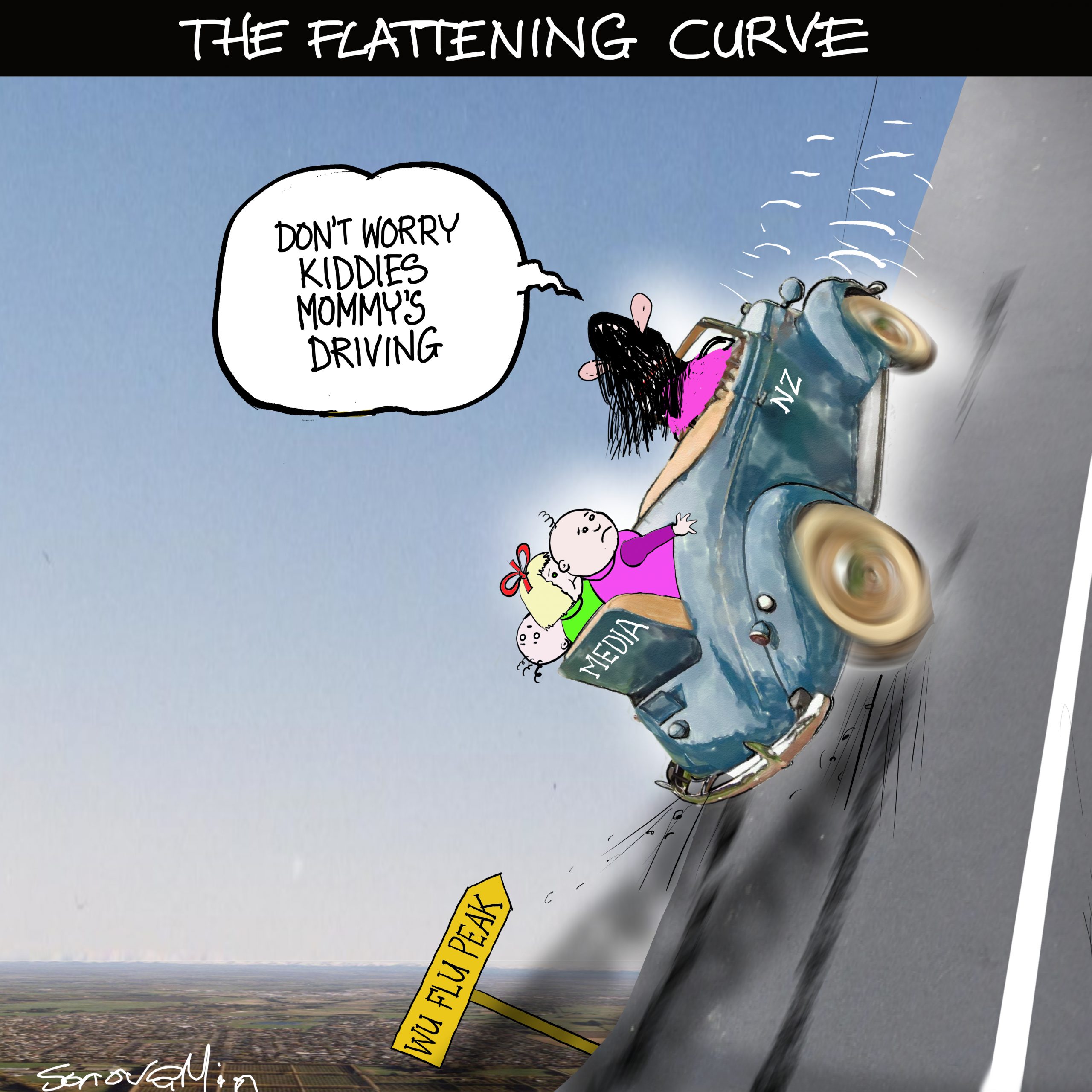WHAT IS ‘COMMUNITY TRANSMISSION’?
Community transmission happens when a virus is transferring from person to person inside a community, rather than being brought in from outside a community.
For example, if New Zealand had 500 cases of COVID-19, and every single one of them was an Aussie coming here for a holiday, and none of them had passed the virus on to any Kiwis, that would count as no community transmission, even though there were 500 people in New Zealand with the virus.
BUT…if two of those Aussies passed the virus to their Kiwi friends, and there were now 502 people in New Zealand with the virus (500 Aussies on holiday, plus 2 Kiwis who gave them a friendly hug), then we’d have community transmission.
Straightforward huh?
WHEN WAS ‘COMMUNITY TRANSMISSION’ CONFIRMED IN NEW ZEALAND?
According to SitRep 61 Report from the World Health Organisation (you can read it here), local transmission was confirmed at least as early as the 20th of March 2020. Yet our government was denying that transmission within the country was happening right through until Monday 23rd.
It should be noted that for the World Health Organisation to obtain this information from our government, create the document and print it up and distribute it on their website in this way, we’re looking at a lag time of at least another 48 hours, from my experience of government, and probably longer.
On top of that, our government had to gather the information on our end of things in the first place, confirm it, and send it through to the WHO. Another 24 hours I’d estimate. Again, I could be wrong on this one as I am not a WHO official or a government expert (although I do have some personal experience on how government runs).
So, to my best estimates (which may be wrong, I’ll admit), our government knew we had transmission happening within our country and reported it to the World Health Organisation but not its own citizens, at or around Wednesday 18th of March, and possibly days earlier.
With absolute certainty, I can state that our Government informed the WHO about transmission within our country because the stats were up on their website for all to see long days before any official announcement to the public came the week of the lockdown and the “levels” mumbo jumbo.
Then it looks like the Government sat on the information, allowed schools to remain open (putting thousands of teachers and students at risk), allowed businesses to stay open (putting millions more at risk), and denied the whole thing for a week or more while dithering about what to do.
Let’s not forget that we then got all the rubbish from the PM about “We must go hard and we must go early” on the virus – which is exactly the opposite of what was actually happening, from the evidence I can see.
Now, we all expect politicians to dither. And I am not going to make this a partisan issue because I do not believe for a moment that, had the opposition been in power, things would have been any better. But this is pretty awful.
DOES ONE WEEK REALLY MATTER?
In ordinary circumstances, no.
However, this virus is increasing in the community exponentially. That means the number of cases is doubling fast.
In New Zealand, we’ve gone (at time of writing) from 5 cases on March 12th to 451 cases today (March 28th). We’re showing every sign of dealing with that infamous “hockey stick” growth in numbers displayed in Italy, the UK and the United States.
One week ago (March 21st), we had 52 cases.
So yes, one week does matter. We’ve almost nine times the number of cases now. Do you want to think about where we’ll be a week from now? Because I sure don’t.
The point I am making is, had our government not dithered about, those numbers would be looking very different.
Our government did not learn from the mistakes of the Chinese government, and instead followed their lead, and either covered up information or at the very least refused to share critical information.
If you enjoyed this BFD article please consider sharing it with your friends.

